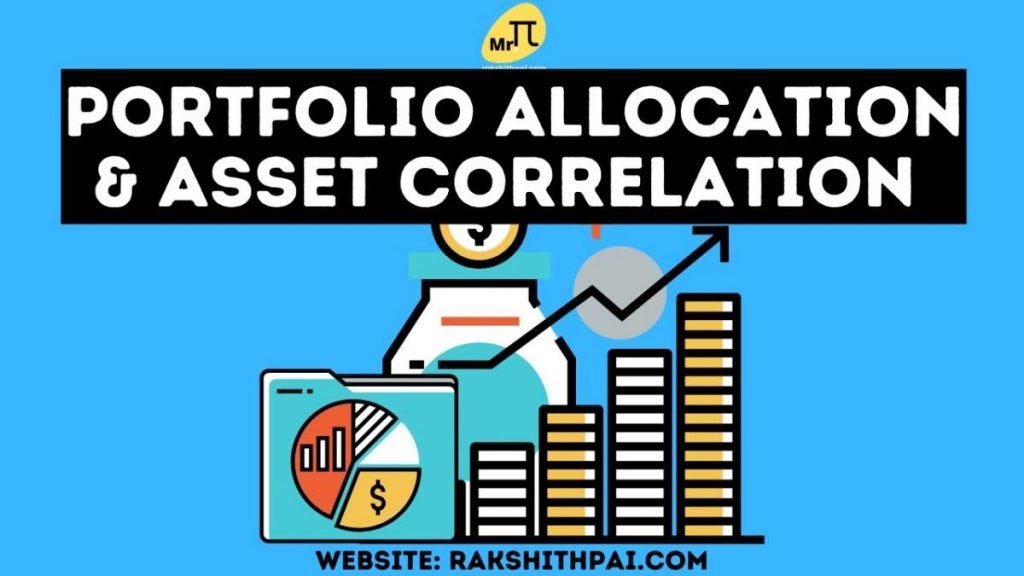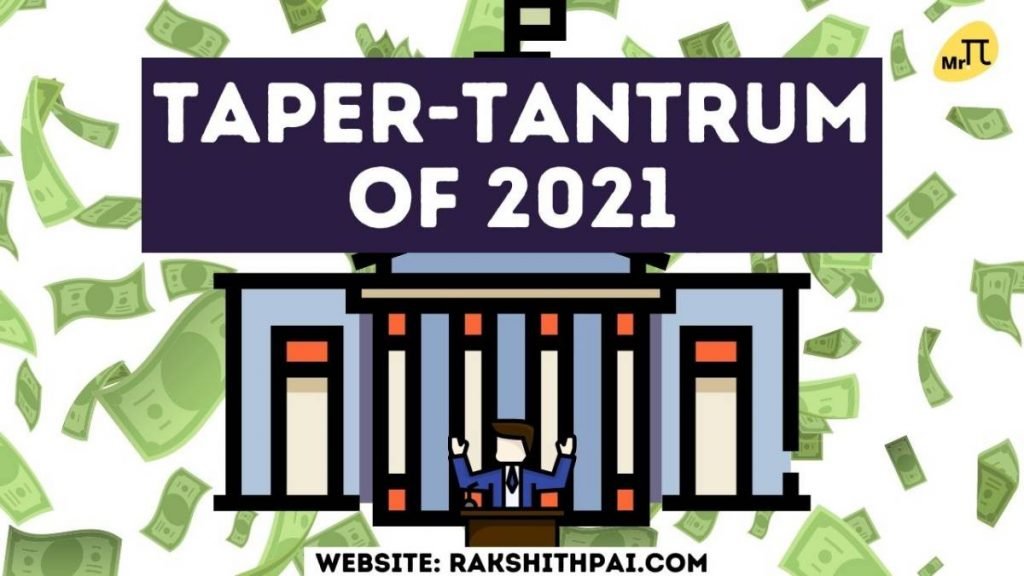Table of Contents
What is Focused Investing?
If you read the mainstream media, you’ll notice that there is a lot of uproar about the election, the uncertainty surrounding geopolitical issues, and the potential Fed rate hike. The mainstream media tries to explain the unfathomable: what is happening in the markets right now and how long it will stay.
But with all this noise, when you compare the market results over a long stretch of time, I mean, at some point, you’ll start feeling, Does it even matter? That’s when you think, “Maybe there’s a lack of focus in our investing strategy.”
Focused investing is a technique in which the investor or portfolio manager exclusively makes investments in a small number of high-quality businesses that, according to careful analysis, are likely to generate respectable returns over the long term.
Many value investors favor this approach for their portfolio since it allows them to focus more on the businesses they own rather than what’s outside the purview of anyone’s control.
You may choose a particular set of companies or from a category of focused funds in mutual funds for your investments. If you choose a focused investment strategy and believe it is appropriate for you, then it allows you to stay passive in your approach.
Understanding Focused Fund:
A focused fund’s portfolio will contain no more than 15 to 30 stocks. Some equity funds may limit their holdings to companies in a certain industry or restrict investments based on market capitalization.
Think of it this way:
If you know what you are doing and what you are doing is actually investing in valued stocks. Then, focused investing is like the golden rail that you must hop onto. However, if you don’t know how to invest, such as how to pick stocks, investing in focused funds (mutual funds) is the way to go.
A focused fund is also called concentrated investing. Here, the fund manager will choose a certain set of stocks in which he or she will invest indefinitely (unless the companies prove to be unworthy).
In order to select the right “focus mutual fund,” you must know where you want to invest. In this case, “where” is defined by which sector or industry you feel would be the next big money maker.
Nevertheless, unlike other types of mutual funds, focused equity funds are not required to invest in a specific number of companies and can instead hold a diverse portfolio of equities depending on the fund’s investing strategy and the state of the market while obviously limiting the fund’s exposure to a select few.
For investors seeking a diversified portfolio, this equity fund’s approach of focusing on a small number of high-quality businesses rather than spreading its money thin over a wide range of equities may be appealing. Because, as said earlier, the investments in concentrated funds are limited to a small number of high-quality stocks,
Compared to equity funds that invest in many different stocks, this may be better. In today’s market environment, not every stock will rise or fall at the same time. Long-term investors may benefit from putting their money into a concentrated portfolio of equities that has been well researched and vetted, like that of a focused fund.
Five (5) Important Points to Note in Focused Investing:
- Focused Investing is only possible if you are a long-term investor. You must stay invested for at least 10 to 15 years.
- If you are not well versed in reading financials, understand the business. Then, It is highly suggested that you take professional help in Investing.
- Focused investing is nothing but Disciplined Value Investing. It demands you to be Emotionally Mature.
- Read Financials as if you own the company. As if you are the promoter who’s cautious of the Management.
- Do not hold more than 15 stocks in your portfolio. Diversification is good, but more than 15 stocks amount to extreme diversification and such a situation will affect your portfolio negatively.
15 Stock Investing Tips For Beginners:
Five (5) Distractions You Must Avoid!
FOMO
The anxiety that one is either ignorant of or missing out on information, occasions, experiences, or life decisions that could improve or otherwise one’s attitude in life is known as “fear of missing out” (FOMO).
FOMO is also linked to a fear of regret, which can raise worries about missing out on social opportunities, new experiences, memorable occasions, or lucrative investments. It can be seen as a fear that not getting involved is the wrong choice, and it makes people want to always know what others are doing.
Tips & Suggestions
Nowadays, there are a lot of fake stock gurus who portray themselves as if they are the stock market genius. They lure you into handing out your hard-earned savings in hope of giving you exponential returns.
These scammers try to get hold of you via SMS, E-mail, call, and other social media networks via which they tend to advertise their products. The said product, strategy, plan or idea, or even a tool may work for a few days as intended but later, after a few days, they’ll show their inefficiency.
Timing the Market
The asset allocation choices you make, and not the time or securities selections you make, will account for the bulk of the return on your portfolio.
It is conceivable to time the market, but it is extremely difficult. Those who lack the necessary skills may be doomed if they attempt to make a timely call. For example, an investor could have earned an annualized return of around 15% just by investing in the index.
Instead, he/she chooses to time the market and miss the top 10% of the high trading days. As a result, the investor could lose over 90% of their expected earnings. Given this disparity, it’s clear that trying to play the market by buying low and selling high is less effective than making steady contributions to an investment portfolio.
Timing Stock Market is Impossible! But Why?
Short-Term Expectation
When examining investments, a fund’s performance over a single year does not offer any reliable information about its future prospects. Particularly with actively managed mutual funds, this is the case.
One-year time horizons are insufficient to assess a fund manager’s capacity to manage a portfolio during an entire market cycle. This would include both expansionary and deflationary times, where both a bull and a bear market would be present.
Typically, a whole market cycle lasts three to five years. It is crucial to evaluate performance over a fund’s three, five, and ten-year returns. This way, you can learn how the fund fared during the market’s ups and downs. When looking at mutual funds for long-term objectives, the short term (less than three years) is not beneficial.
“What If…”
“What if” is a notion of regret and hope. It is where we as investors tend to be emotionally immature and try every which ways allowable in order to find the right investment. But, in doing so, we tend to switch from one investment to another without giving any thought, time, and space for our investments to grow.
Such a situation where we investors and traders tend to move from one investment to another searching for the better ones without realizing we are doing so. A “what if” notion is when we think, “What if, the other investment or trade is better than the one we now have”. But, the better ones never come across and we keep changing our investments.
Top 10 Investment Mistakes To Avoid:
Conclusion:
You will hear more tales of failure in the stock market than of triumph. Why? Because stock market distractions cause people to get off to a bad start.
People’s most frequent errors are trading in stocks under the impression that they are making an investment and vice versa. People also make mistakes when trying to buy or sell shares by anticipating future market movements. In reality, nobody is able to forecast future market trends.
What, then, is the proper stock investment strategy? The right way to invest is to find strong companies with a competitive advantage (MOAT) and buy their stock at a discount.
It can be challenging to keep from getting sidetracked by the market’s background noise. The simplest strategy is to prevent yourself from reading the daily advice and following the market news. Find a method for analyzing company shares.
For More Information, Check this Video:
Disclaimer: All the information on this website is published in good faith and for general information purposes only.









